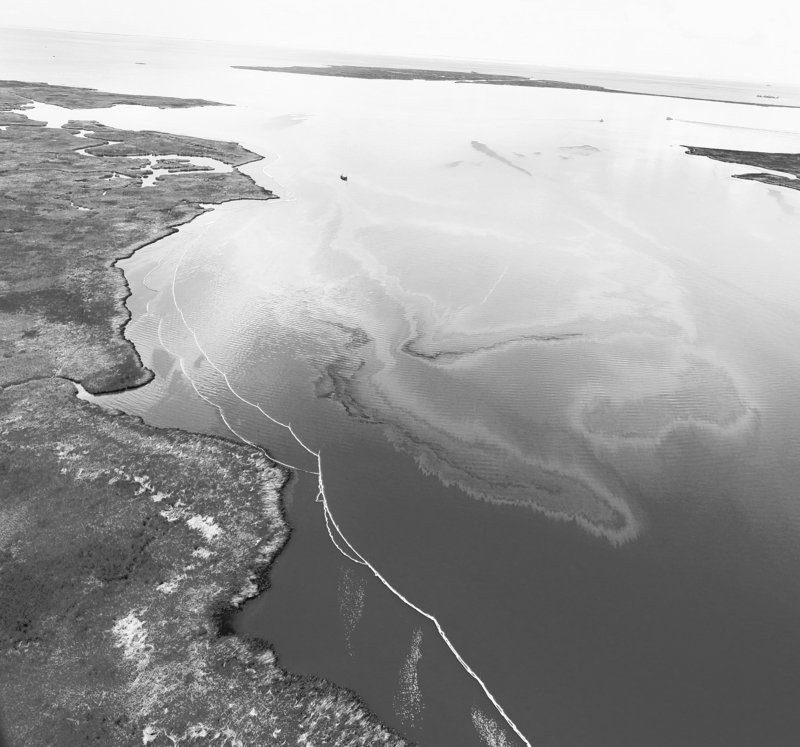There are miles and miles of oil containment boom ready to be deployed in oil-besotted waters, produced in a furious response by a company with expertise in boom production and the entrepreneurial flexibility and flair to recognize that in crisis, there exists opportunity.
So why is it sitting in Maine, instead of the Gulf of Mexico?
This is the narrative of Auburn-based Packgen, which manufactured more than 80,000 feet — that’s 15 miles — of oil containment boom in 96 hours after the spill started in the Gulf. Weeks later, the company still hasn’t found a buyer, despite interest from spill-maker BP and federal officials overseeing the cleanup.
ABC News has reported that neither the Coast Guard nor BP believes Packgen’s boom isn’t up to the task; the company, to defend its product, retained an independent engineering professor, who reported on June 11 that he believes the boom would work well in coastal shallows, but not deeper waters.
Meanwhile, a representative from Packgen is crisscrossing Louisiana, trying to find anyone interested. When Beth Quimby of The Portland Press Herald caught up with him, Chip Pearson was taking a break from the 98-degree heat to reflect on something more agonizing: the red tape binding his company’s efforts.
We share his frustration. So much is made of America’s can-do spirit, especially in the face of major crises, but stories like Packgen’s chip away at that facade. As our nation is experiencing its worst environmental crisis, a company responds by spiking the manufacture of its needed product.
If this were wartime, and the troops needed more tanks, Humvees, ships or armament, a manufacturer who rose to meet their need would be honored as patriotic and the government would ensure the effort would be rewarded. Why, then, is Packgen still on the outside, looking for help?
Yes, the company stands to profit from sales of its containment boom. This is how our system works, however, and the greater goal — stemming the most significant ecological nightmare in U.S. history — should silence criticisms of profiteering. The trade-off is more than worthwhile.
Especially since those entities purportedly in control of the situation in the Gulf, particularly BP, have proven hopeless against the task of stemming the underwater spill. As BP’s brightest ideas foundered to plug the leak, miles of boom languished in a Maine warehouse just waiting for deployment.
Gov. John Baldacci has visited Packgen and wondered why its boom isn’t being used. Sens. Susan Collins and Olympia Snowe have voiced similar concerns in Washington. We add our voice to this chorus, with the caveat that it — for all intents and purposes — is likely already too late.
No crisis is handled perfectly, and in the long shadow of history, decisions that seemed right are often proven wrong. Yet the error involving Packgen seems clear. When containment was paramount, containment booms sat idle. As BP’s attempts failed, oil lapped at sacred shores when it could have been stopped.
Packgen and its employees deserve applause for their work to stop the spill.
In this sorry saga, however, they’re the only ones.
Send questions/comments to the editors.



Comments are no longer available on this story